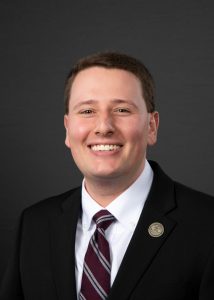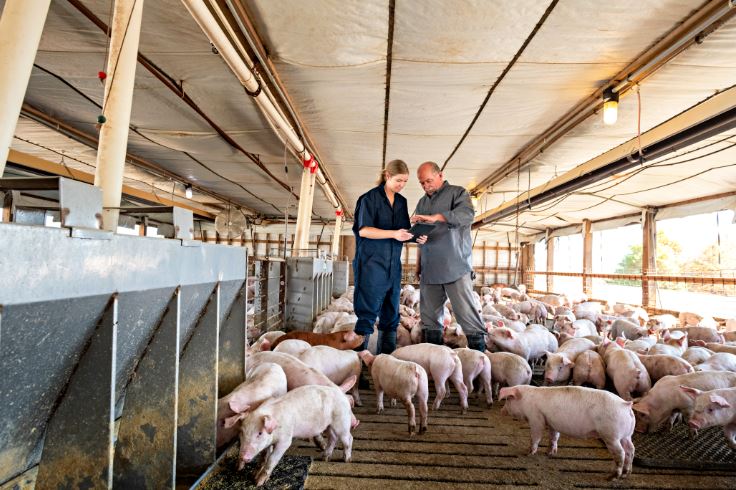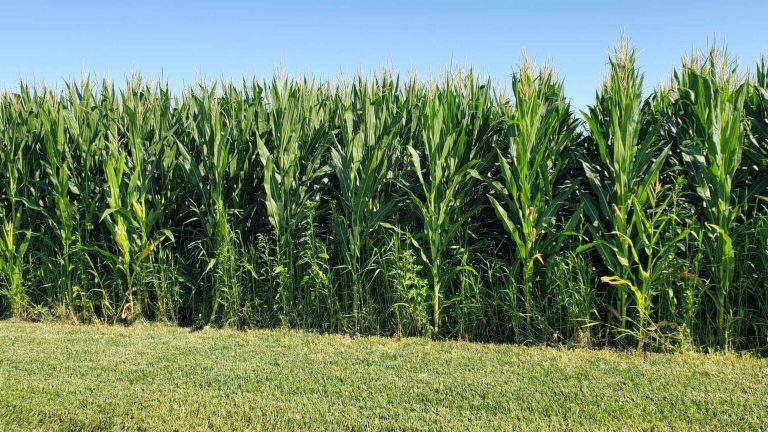IARN — The Iowa Soybean Association is urging the administration to act innovatively and deliberately on how agriculture can help lead the way on climate and conservation issues.
ISA President Jeff Jorgenson says the state’s soybean farmers have been incorporating conservation into competitive soybean production for more than 50 years. In a recent letter to Secretary of Agriculture Tom Vilsack, the association decided to take this innovative approach and forward-thinking to USDA as it shapes a national climate strategy.
“Iowa Soybean has an opportunity with climate and carbon credits,” Jorgenson told IARN field editor Brent Barnett. “For us as the association, we feel the carbon side of things also goes in-line with what water quality is and how we are going to be conservation farmers. All of it ties together.”
Jorgenson cites the launch of the Soil & Water Outcomes Fund as an example of that commitment. The ISA subsidiary provides financial incentives to farmers who adopt conservation practices. These efforts can yield positive environmental outcomes including carbon sequestration and improved soil and water quality.
“We have a great program that Iowa Soybean has started in the carbon world,” said Jorgenson. “We’re really excited about it. We have more acres that are going into it in Iowa, Illinois and Indiana with our program. It hits on the right things for conservation and what we need in agriculture.”
Among other things, Iowa Soybean Association is urging the administration to create a USDA funding pool to support farmer payments for ecosystem services, offer outcomes-based payments to farmers implementing climate-smart practices, stack ecosystem services to not only focus on carbon sequestration but also soil health and water quality, streamline enrollment to mitigate farmer confusion, ensure that quantification and measurement standards are practical and effective, increase the per-ton payment for CO2e to drive more significant farmer change, and ensure farmer eligibility is inclusive regardless of adjusted gross income.
The entire letter from Jorgenson and ISA to Secretary Vilsack can be viewed here.
Story courtesy of the Iowa Agribusiness Radio Network.
Photo courtesy of Joseph L. Murphy/Iowa Soybean Association












